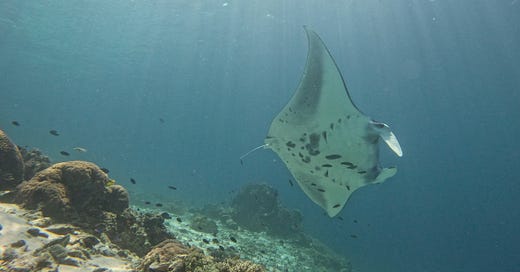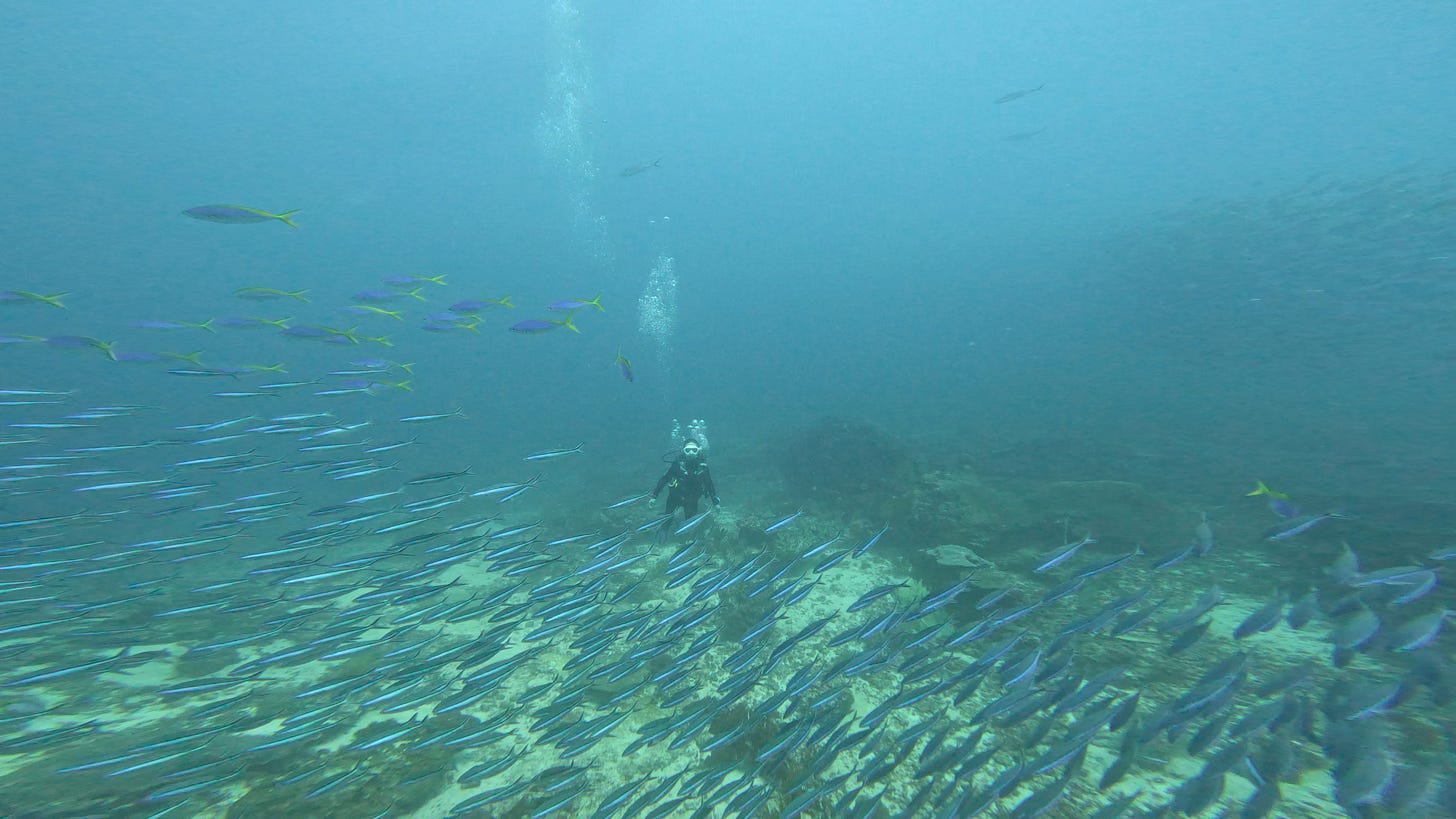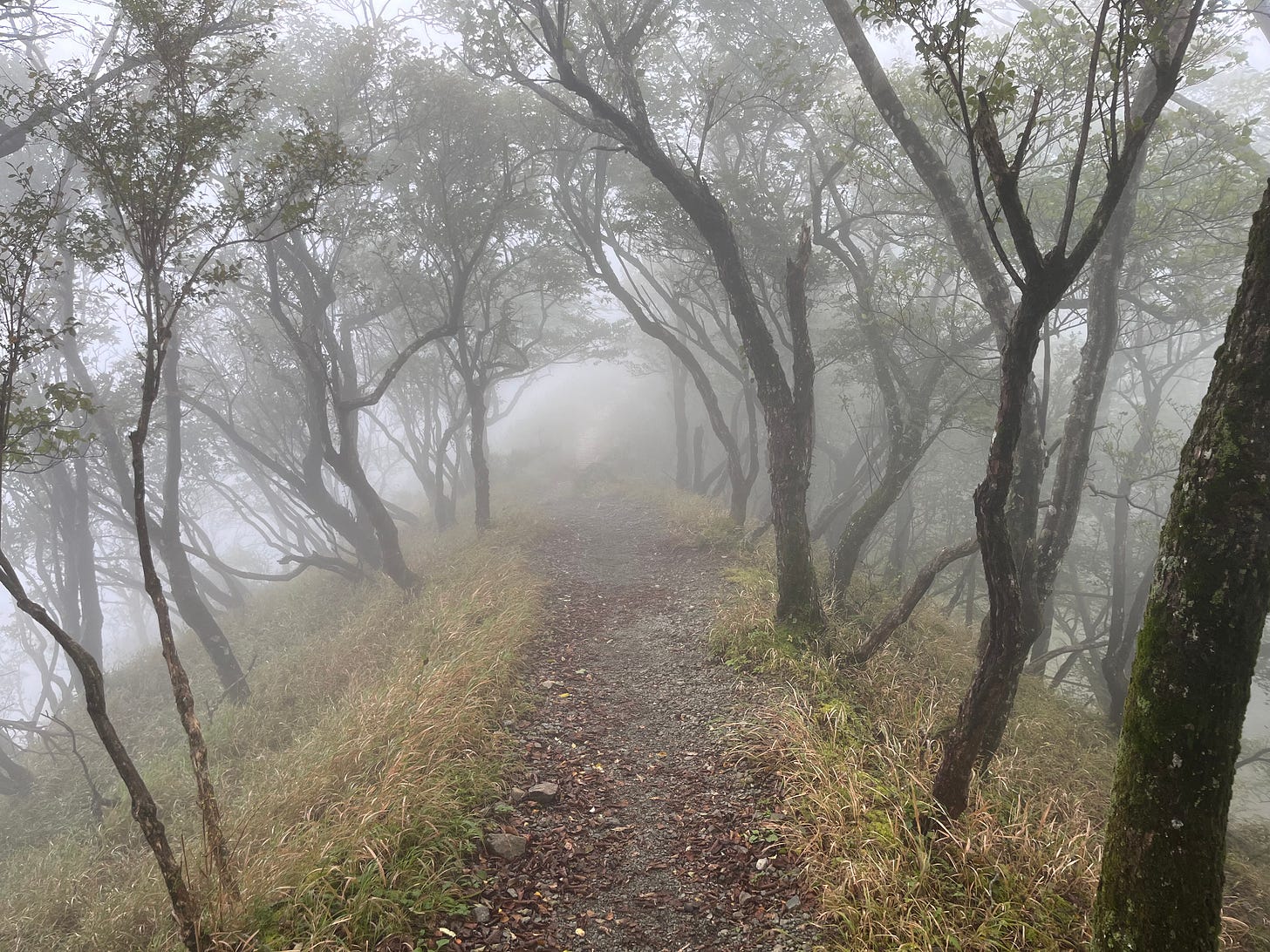“If there are things lacking in my life — and there are, as is the case for everyone — I have resolved never to want them. This must be greed too; wanting nothing is as extreme as wanting everything.” — Yiyun Li, Dear Friend, from My Life I Write to You in Your Life
You’re thinking about moving.
One foot, then the other. From one room to the next. Up the mountain, down the mountain. You’re thinking of moving apartments, changing zip codes, seeking visas, trading species, switching states of matter. I know, me too.
Since I graduated from college, I’ve lived in nine houses. I want to move again. But my foot has been hovering just above the gas pedal for months; it’s starting to cramp. Moving in Japan is such an ordeal: you can legally be denied a lease just for not being Japanese; the up-front costs are 3-4 times a month’s rent; there’s the dreaded check of the conditions upon move-out; getting internet to work in your new place requires a PhD; the before and after paperwork will make your brain bleed. Furnished apartments are rare, so is subletting. So people don’t seem to move that much.
I mean it: On the train, I’m the only one fidgeting, faffing, no one’s finishing their homework or prepping for a meeting or tapping their foot to an unheard beat. It’s all perfectly still necks and closed mouths, the only motion being rapid-fire thumbs. During the summer when it felt like 35 degrees every day, I saw an old man moving like molasses through the humidity, somehow crossing the street while barely moving, and I realized how much extra heat I create messing with my bangs and scratching my arms and switching the cross of my legs from one to the other.
Late July was the last time I met with a real estate agent. The idea of moving in Japanese summer was enough to burst into flames. In summer, the season of growth, abundance, and movement, it’s actually best to conserve your energy and stay as still as possible.
For a week in September strategic stillness was all I thought about. D and I spent five nights and six days living on a boat in a remote part of Indonesia. Every day was the same: Wake up at 6, coffee, dive, breakfast, dive, lunch, dive, nap, night dive, dinner, sleep. The boat was constantly running into issues, the eight divers and eight crew were sharing very close quarters, and we had to rush one of the divers back two hours in the middle of the night to the hospital on the mainland because he touched a lion fish, but I have few words for how wild and unreal the time we spent was.
If you don’t know, basically the way scuba diving works is, you take a tank of gas mixture down into the ocean with you and use it to breathe while you swim around and look at stuff; when you run out of air, a bunch of possible scenarios occur, one of which is death. It’s pretty easy to have this not happen to you, primarily by checking on your air gauge often. You ascend when your air is low, but there’s still enough to get to the surface without also destroying your lungs or getting the bends. Once you stop fixating on how insane this activity is, it starts to become pretty fun.
Because you want to preserve air supply so you can stay down longer, diving is demonstratively more fun if you stay extremely calm. That’s often not true on land, where “fun” is associated with being drunk, high, in love, in suspense, in ecstasy, and generally doing things which cause you to breathe heavily.
In the water, I quickly learned, keeping my body still, kicking very gently, and keeping my mind almost completely blank meant I could use a lot less of my air supply. I turned out to be good at sticking to the calmness budget, not least of all because I realized I could out-chill D. On land, calmness has long eluded me, but the ability to quantitively measure it somehow made it both feasible and fun. Finally, competitive chillness!
D didn’t have the proper kicking form, meaning he was constantly gulping his air supply. On a typical dive we’d start with 200 bars each and have to come out of the water because D was down to 20, while I’d still be at 70. It’s true that on average men use more air because they have bigger lungs, but our long-time smoker dive master would still routinely surface with 120 bars left in his tank.
When I asked him how he managed this, he looked at me with his dark, intense eyes and said diving is about meditation. Then he took an unbelievably long inhale and held it. Et tu, Rian?
I find it very difficult to live “efficiently.” On land, it’s possible to rationalize rewatching Mad Men or buying a uselessly long and semi-transparent white dress or replaying ruinous scenarios that have never happened. Using time, energy, and money as means to dubious ends, is just part of the waking condition. Under water, though, time and energy are finite, and the sharks do not take credit card.
It quickly became clear that most things were a waste of energy: Being tired, fretting over social problems back on land, getting stressed over breaking the camera light, flailing my arms to get a better photo of a turtle, kicking against the current, any kind of additional mental or physical effort tapped my supply faster.
And somehow, seeing how much energy I was wasting had the effect it has never, ever has on land: I calmed down. “Don’t waste your breath,” I told myself seriously, over and over.
So you save your time, your energy, your money. For what?
Maybe for the move that counts.
It took so much planning to get to 30 meters down in the ocean off Labuan Bajo. But once we were there, I found myself facing a wall of hundreds of colored fish, an impossible display of crisscrossing rush hour traffic, the stuff of Disney and Pixar and Ghibli and David Attenborough all together on MDMA.
Parrot fish, lion fish, groupers, clown fish, turtles, schools of yellowback fusiliers and yellow snappers, white and black tip reef sharks, octopi, black and giant trevallies, barracuda, two moray eels sticking out from under a rock that were clearly the models for Flotsam and Jetsam, glorious majestic godlike manta rays. I felt like a cartoon princess.
At the beginning of The Little Mermaid, in the requisite my-father-doesn’t-understand-me power ballad, hyper-sexualized child bride Ariel is rattling off a list of all her possessions when she delivers what has to be the most annoying line in Disney princess canon: “Lookin’ around here you’d think / Sure, she’s got everything … But who cares / No big deal / I want more.”
Stupid brat, youngest child, shirking the familial métier to go galavanting in a ship wreck for other species’ junk. Here I was, wanting desperately to quit, to move, to spend every day in the ocean, start each morning with caffeine and bright plumes of life; I’m tired of being human, let me be a fish. She’s sick of swimming? She wants to trade fins and floating for legs and streets, i.e. joint pain and the final resting place for the vomit and excrement of any number of species?
(In the Hans Christian Andersen version, which I was obsessed with as a kid, the little mermaid wants to be human, but not primarily to dance around on land. Humans, unlike merpeople, have souls, and they can live forever in the ultimate zip code in Heaven. If she gets the prince to marry her, she gets her own soul because part of him goes into her, which — you know what, this line of thinking might be a waste of energy. Honestly, I can’t tell.)
I was incredulous on the sixth day, when the boat docked and I touched one boot to shore. Fuck mountains, screw hiking. I’m done with land life. So we have barbecue, oral sex, mangosteens, fresh tofu, art museums, but who cares / no big deal / I want more.
So you save your time, your energy, your money. For what? Aimless, pure accumulation.
Or, is there another option?
A week before we were agog in the Lesser Sunda Islands, we were in Tokyo. D and M and I were deep in a minor binge in D’s hotel room at the Ritz Carlton, a chain that by its very name defines silly grandiosity. D had just treated me to a dinner that cost more than a month’s rent, and I was staring out at the skyline. We all agreed this was a better version than the one Sofia Coppola had made famous as the backdrop for sad foreigners getting drunk and feeling misunderstood, mainly because we had room service and I could put my high heels up on the sill. Despite being the object of such gratuitous generosity, as my forehead left a little kiss of human grease on the immaculate window, I found myself saying: Go inside a stone / That would be my way.
I’m tired of being human, let me be a stone. A stone has no desires, no deadlines, no need to express its ego, no heteronormative expectations, no cuticle care, it can’t rush, only be rushed over. I want more, that is to say, so much less.
But she has to know it’s a trap right? “Betcha on land / they understand / Bet they don’t / reprimand their daughters,” Ariel sings, and the adult viewers get the tip-off. They know little girls on land have all the same daddy issues as the ones in the sea apparently do; after she rides off into the sunset, having swapped out one royal man for another, the bipedal princess will be gripped again by the ennui of privilege. There is not another city, another job, another species, that will put an end to the wanting. Even as a stone I’d crave the touch of the moon.
In August I read Yiyun Li’s book of essays on reading and living and why you should do both, Dear Friend, from My Life I Write to You in Your Life. I underlined something on almost every page. Highly recommend.








